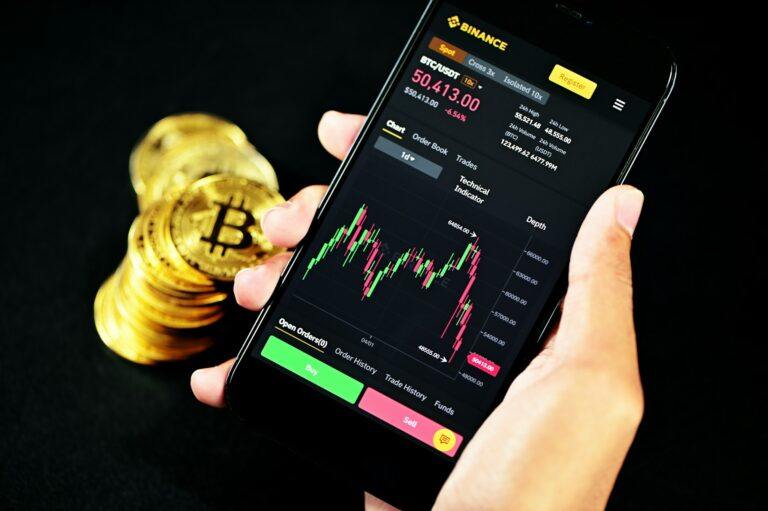Leading cryptocurrency exchange Binance has acknowledged that it mistakenly kept the collateral for some of its B-Tokens, which represent tokenized versions of various cryptocurrencies on the $BNB Chain, in the same wallet as the exchange users’ funds.
According to a recently published Bloomberg report, the reserves for nearly half of the 94 Binance-peg tokens that the exchange issues are currently stored in a single wallet tagged as “Binance 8.” That wallet also holds customer assets.
Bloomberg’s report notes that the wallet contains more tokens than would be necessary for the reserve of the issue B-tokens, indicating that collateral for these $BNB chain tokens is being kept alongside users’ funds, instead of being stored separately.
A Binance spokesperson was quoted saying:
‘Binance 8’ is an exchange cold wallet. Collateral assets have previously been moved into this wallet in error and referenced accordingly on the B-Token Proof of Collateral page. Binance is aware of this mistake and is in the process of transferring these assets to dedicated collateral wallets.
The spokesperson reaffirmed that all customer assets on Binance “have been and continue to be backed 1:1.” The B-tokens, it’s worth noting, are tokenized versions of cryptocurrencies issued on other chains, such as Bitcoin ($BTC), Ethereum ($ETH), $USDC, $USDT, and more, on the $BNB Chain.
According to Binance’s own guidelines, B-Tokens should be backed 1:1 by locked reserves of the underlying coins, and these reserves should be kept separate from customer and exchange funds in dedicated wallets.
Also read: Where is Binance Located?
The Binance 8 wallet has reserves for more than 40 B-tokens, including the tokenized versions of major cryptocurrencies including $AAVE, Uniswap’s $UNI, and MakerDAO’s $DAI and $MKR tokens.
The wallet holds more than $1.8 billion in assets related to B-tokens, but its blockchain value is of more than $16.5 billion, showing that there’s far more collateral than needed. For Loopring’s LRC, for example, there are 92 million $LRC on the wallet, backing 622,171 wrapped LRC.
Following the collapse of FTX in November, customers of crypto exchanges have been calling for increased transparency of holdings. Bahamas-based FTX, which was created by Sam Bankman-Fried, is accused of giving its sister trading firm Alameda Research unrestricted access to customer assets.
The exchange’s case has caused a lack of trust in exchanges, leading to customers withdrawing their assets. In response, exchanges have started to publish Proof of Reserve reports to show their holdings.
As reported, Binance announced that its latest quarterly $BNB token burn has seen it destroy more than 2.06 million tokens, worth over $600 million.
According to Binance’s announcement, a total of 2,064,494.32 BNB were burned in a transaction, with a total of 7,181.03 tokens being burned from the cryptocurrency trading platform’s Pioneer Burn Program, in which Binance counts as burned BNB tokens that users have lost after mistakenly sending them to unrecoverable addresses, and cover their losses with BNB that was set to be burned. and 2,057,313.29 BNB being burned as part of the auto-burn system.
Image Source
Featured image via Unsplash.









